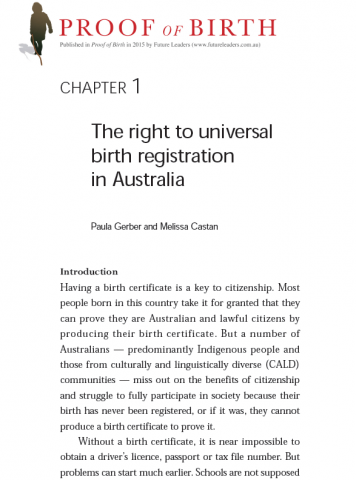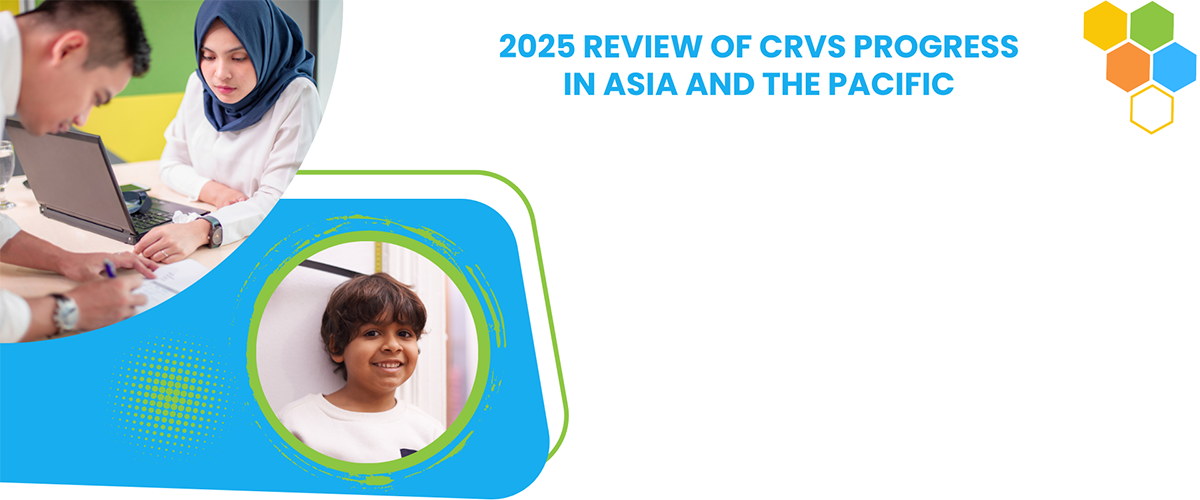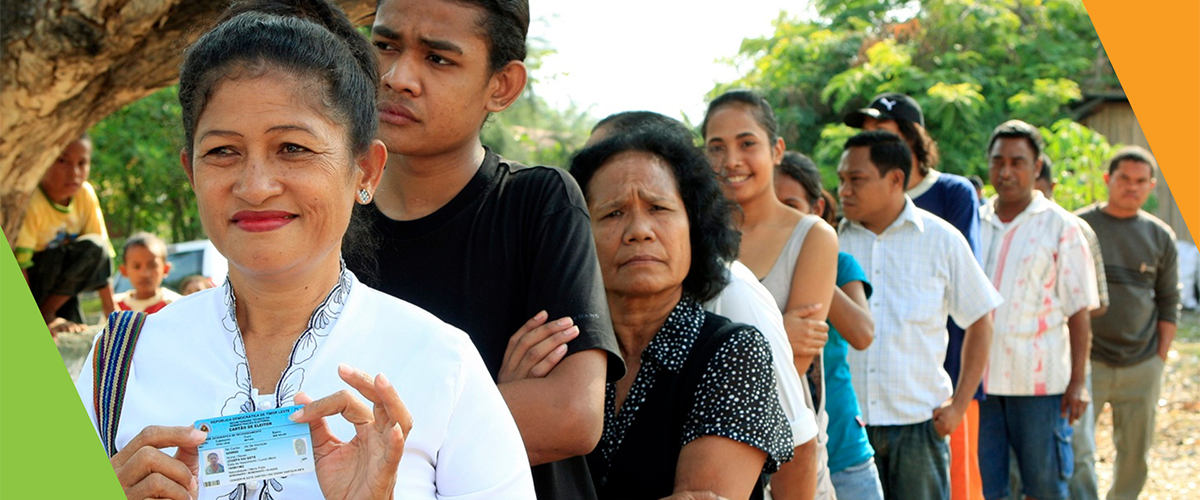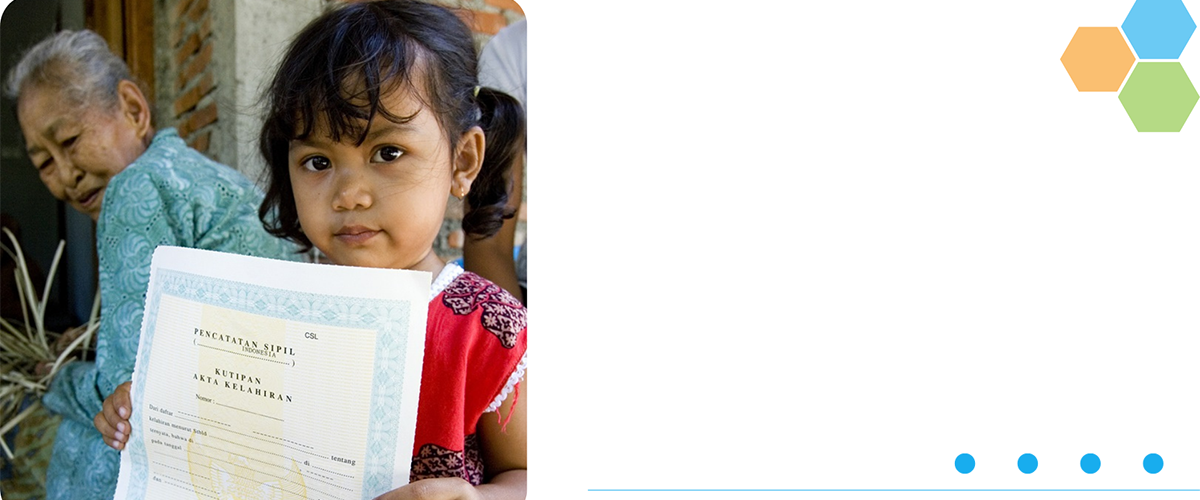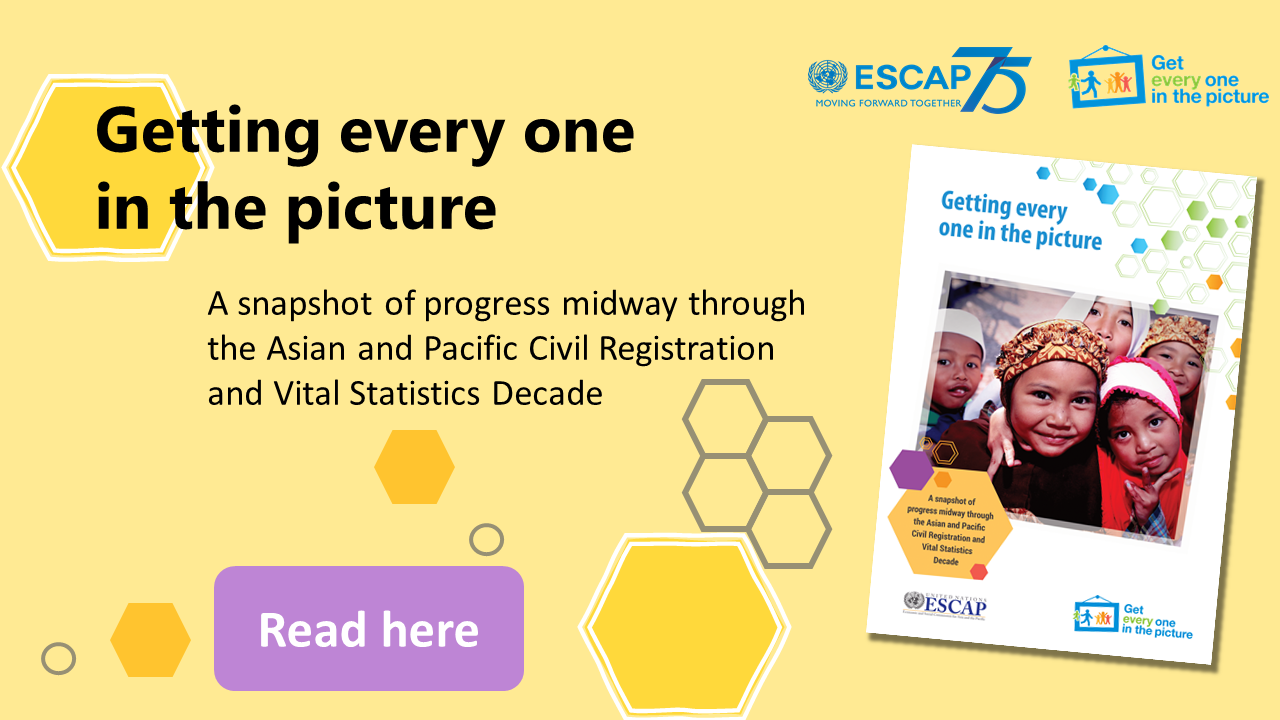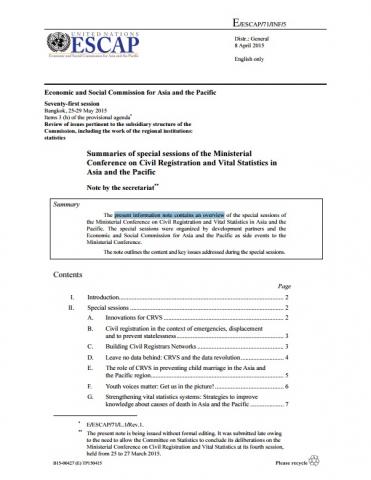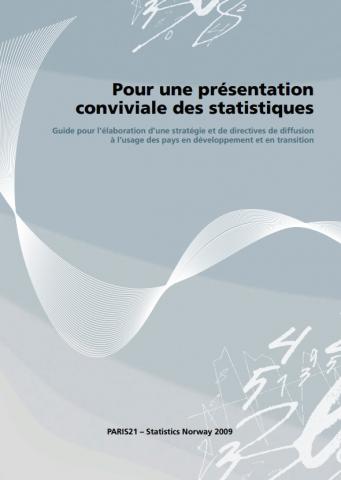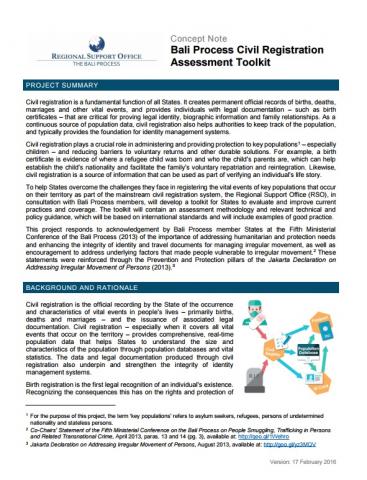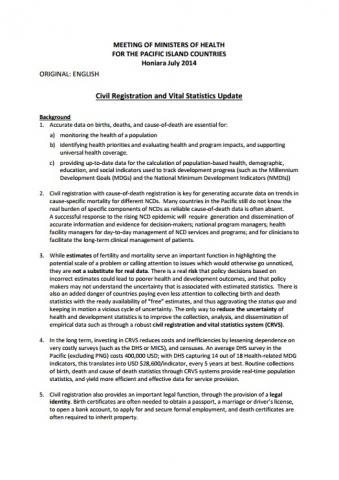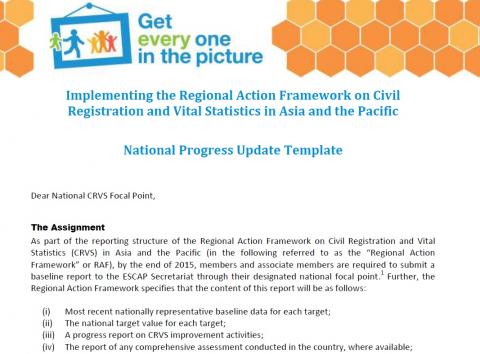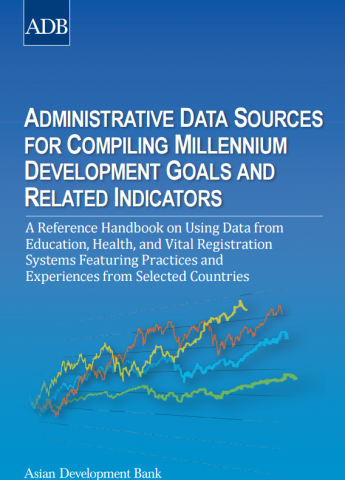The Right to Universal Birth Registration in Australia by Melissa Castan & Paula Gerber
Having a birth certificate is a key to citizenship. Most people born in this country take it for granted that they can prove they are Australian and lawful citizens by producing their birth certificate. But a number of Australians — predominantly Indigenous people and those from culturally and linguistically diverse (CALD) communities — miss out on the benefits of citizenship and struggle to fully participate in society because their birth has never been registered, or if it was, they cannot produce a birth certificate to prove it.
